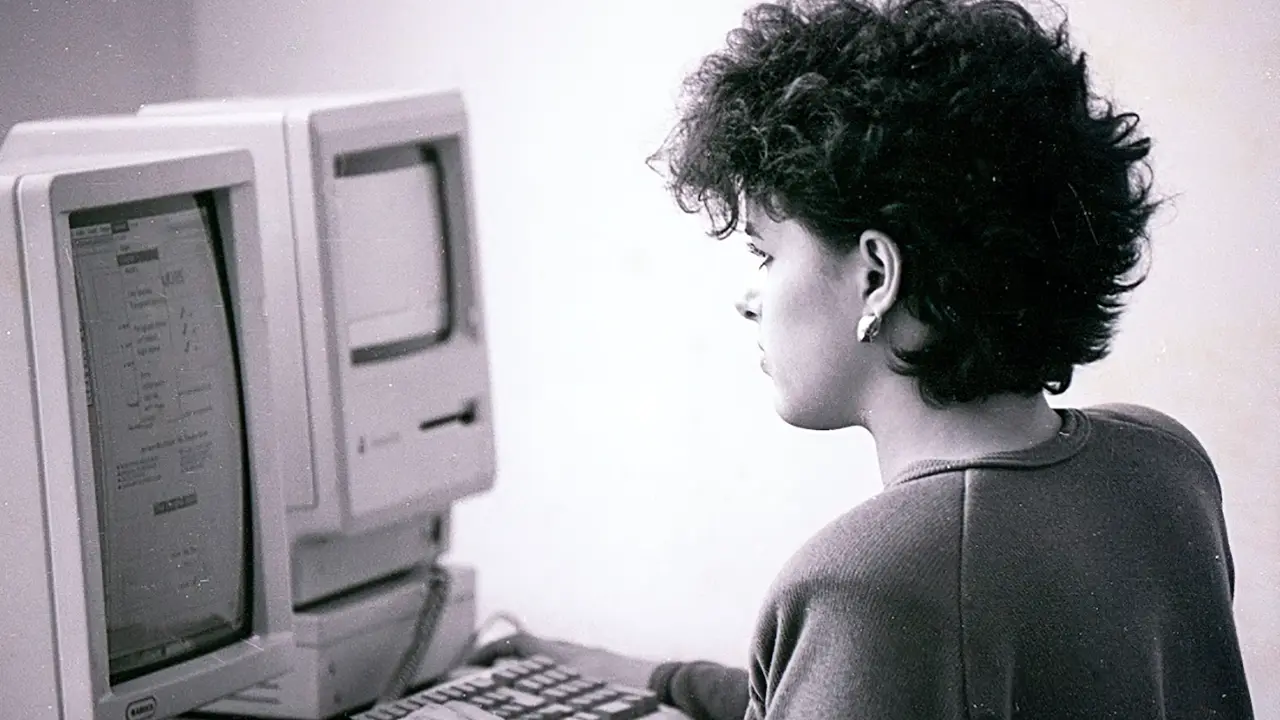
How to get started with investing
Keen to kick off your investment journey but not sure how? We’ve got you covered.
Turns out that making, investing and growing money is not just reserved for men in boardrooms.
However, we’re still up against a few major challenges to level up the playing field. In 2021, the gender pay gap in New Zealand was 9.1%. Add to this the fact that women often work in lower paid positions and are more likely to take career breaks to have children or look after family means women are still on average earning less money than men.
Investing doesn’t have to be hard, intimidating, or require a scholarship in maths to understand. You just need a base level of knowledge (scroll below reader) and a willingness to begin. Remember our mantra - start somewhere, and that somewhere is here.
What is investing?
Investing is putting money into things (assets) that can earn income or grow in value. This asset could be a house, for example, or a share of a company. Your KiwiSaver account is also a form of investing.
Share investing
If you invest in a share (or stock), you’re essentially buying a part of a company. That company then uses your investment to grow their business. As they grow, your share potentially becomes more valuable so if you were to sell it, you could make a profit, and therefore grow your wealth. There is, of course, a level of risk to consider when investing in shares.
Compound returns
Investing can also help grow your wealth through compound returns. This means you’re not only making a return on your initial investment, you’re also making a return on your return. All these returns add up over time, so if you keep your money invested, you could meet your goals faster than you might otherwise. And as time is our friend here, the longer you stick with it, the greater returns you’ll generally see.
Investing, however, also involves risk. Share prices change and you’re not guaranteed to make money – you might even lose the money you started with. That’s why it’s important to understand your appetite for risk before jumping in. If you’re not sure what your risk personality is, try taking Mercer’s risk quiz to find out.
Savings account vs. Investing: What’s the difference?
When you put your money into a savings account, it grows because of interest. Interest is compounded (daily, monthly, quarterly or at some other time), which means you’ll earn interest on the interest you’ve made on your initial deposit.
This all sounds great, until you realise that banks are currently offering low interest rates (although this may change in the future), and any small gains you earn are quickly eaten up by the rising cost of living. Add inflation to the mix and the money you have sitting in your savings account over 10 years may actually end up reducing in value.
When you save your money in a bank account, it’s harder to grow, whereas investing is all about making your money work harder for you because when you invest money, you’re buying an asset you think has the potential to increase in value over time (and often provide a revenue stream too).
The perks of a savings account
To illustrate, let’s say you have $10,000 sitting in a savings account and you’re planning to set aside another $500 a month with the hopes of growing your money over the next 30 years. One option would be to put this money in a “high interest” savings account, like a term deposit. Currently, the best term deposit rates are around 2%, but most are a little lower. So if you saved $10,000 and an additional $500 each month, in 30 years you’d have about $145,363.
And the benefits of investing in the markets
A second option would be to invest that money in shares. Share markets have grown investors’ money by 10% a year on average, so assuming that happens, saving $10,000 with an additional $500 each month would mean you’d have $444,563 after 30 years.
Sounds great but… how do I start?
There are two main ways you can go about this: invest directly yourself, or through a managed fund.
DIY investing
With DIY investing, you can individually choose which shares you want to buy. You can buy directly from the company or, more commonly for beginners, through one of the many online platforms that have been set up in recent years that allow you to buy shares from both local and overseas markets.
Managed funds
A managed fund, on the other hand, works a bit like your KiwiSaver account. You choose the risk level and type of fund you want to put your money into and then you benefit from having a team of fund managers invest that money on your behalf, seeking to get the best returns they can in the market.
This is a great option if you don’t want to have to be on top of your portfolio all the time, or if you just want to set up an automatic payment from your account to invest in a diverse range of assets each week. If this sounds like you, then Mercer FlexiSaver could be a great option.
Say it simply
Principal: This amount of money you start with. Literally the money you have to invest.
Portfolio: This is your collection of shares. Think about it as the cards in your wallet.
Dividends: These are returns some shares give back to shareholders each year on top of the compound returns.
ETF: An exchange-traded fund (ETF) is kind of like a bundle of shares – you buy shares in the ETF and you’re actually buying into a lot of different companies at once (think, a box of Cadbury Favourites). These types of funds are good if you want to spread your risk around.
Hot tip
Whichever method you choose, just remember: time in the market is more important than timing the market, so if you haven’t taken the plunge yet, the time to do it is literally right now.
Figure out how much you’re willing to invest, get an idea for what your risk personality might be, get yourself set up with an investment portfolio, and aim to contribute to it as regularly as you can. Even just a little bit now can go a long way in the future.
The above article is general information and does not purport to give financial advice. The Mercer KiwiSaver scheme and Mercer FlexiSaver are issued by Mercer (N.Z.) Limited. Product Disclosure Statements are available free of charge at seatatthetable.co.nz.

